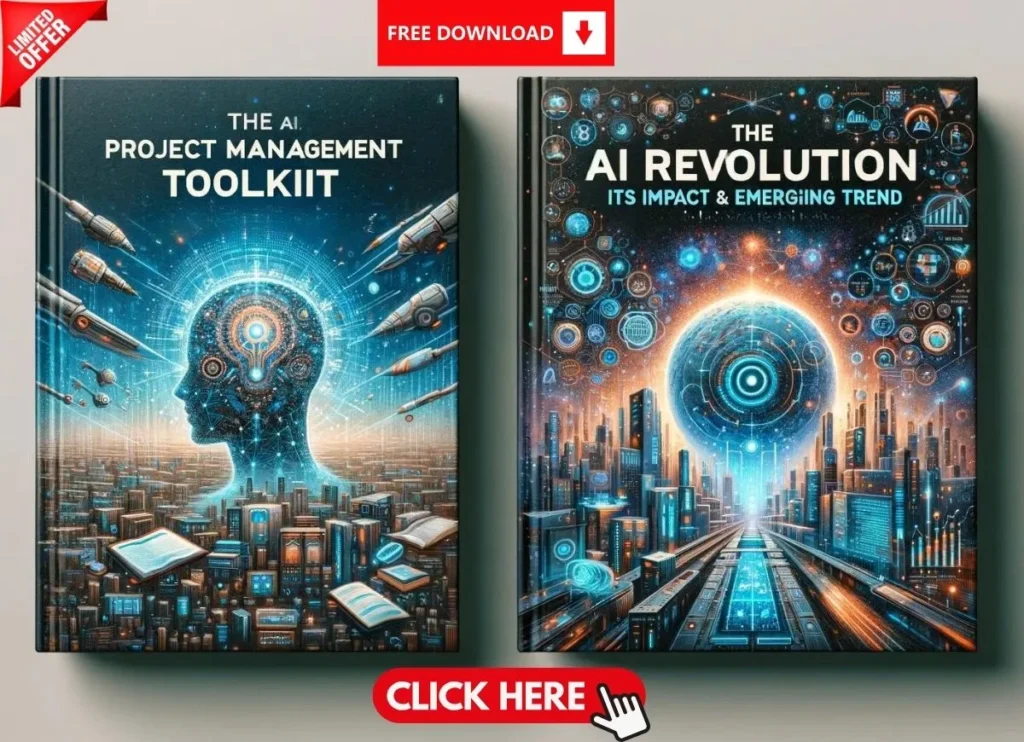Introduction
Did you know over 70% of construction projects face delays due to poor project management, costing firms millions annually? (Source: McKinsey) For construction project managers (PMs) with 8-30 years of experience, this statistic isn’t just a number—it’s a call to action. You’re the backbone of every build, juggling timelines, budgets, safety, and teams in an industry where every day counts.
This guide is for you: seasoned construction project managers who want to sharpen their edge and deliver projects that finish on time, under budget, and above expectations. We’ll unpack the 7 essential skills every construction project manager needs, dive into best practices, and spotlight tools to tackle the unique chaos of construction. Whether you’re managing a high-rise or a highway, you’ll walk away with strategies to cement your legacy.
Quick Actionable Tip: Start your next project with a 15-minute daily huddle—align your crew and catch issues before they escalate.
The Role of a Construction Project Manager
Core Responsibilities
From blueprints to ribbon-cutting, construction project managers oversee:
- Planning and Scheduling: Mapping phases and timelines.
- Budget Management: Tracking costs and managing change orders.
- Quality and Safety: Ensuring compliance with codes and standards.
- Stakeholder Liaison: Bridging clients, contractors, and regulators.
Pro Tip: Centralize your workflows with tools like Procore or PlanGrid—real-time updates save hours.
Unique Challenges
Unlike other PM roles, construction project managers wrestle with:
- Weather Volatility: Rain or heat can derail schedules.
- Supply Chain Risks: Material delays can stall progress.
- Safety Stakes: On-site hazards demand constant vigilance.
Example: A Texas PM I mentored built a 10% weather buffer into timelines, dodging delays during storm season.
7 Essential Skills for Construction Project Managers
Technical Mastery
You need a firm grip on:
- Building Codes: Local regulations shape every decision.
- Blueprints and CAD: Spotting design flaws early saves rework.
- Methods and Materials: Knowing what works on-site.
Tip: Attend a yearly workshop—new tech like BIM (Building Information Modeling) is reshaping the game.
Leadership and Team Alignment
Crews don’t manage themselves. Great construction project managers:
- Coordinate subcontractors seamlessly.
- Resolve conflicts with calm authority.
- Inspire morale under pressure.
Example: Daily “toolbox talks” cut miscommunication by 25% for a PM overseeing a hospital build.
Scheduling Expertise
Time is money. Master:
- Gantt Charts: Visualize dependencies.
- Critical Path Method (CPM): Prioritize what matters most.
- Milestone Tracking: Keep momentum alive.
Insight: Buffers for permits and inspections can save weeks—plan for them.
Risk Management
Construction is unpredictable. Top construction project managers:
- Assess risks upfront (e.g., weather, labor shortages).
- Build contingency plans that hold up.
- Act fast when surprises hit.
Pro Tip: Use a risk register—review it weekly to stay ahead.
Budget Precision
Overruns kill profits. Stay sharp with:
- Cost tracking in real time.
- Change order negotiations.
- Contingency funds (5-10% of budget).
Example: A PM saved $50K by catching a vendor overcharge early via Buildertrend analytics.
Stakeholder Communication
You’re the voice of the project:
- Translate technical jargon for clients.
- Update regulators with clarity.
- Keep teams aligned daily.
Tip: Weekly status emails cut stakeholder questions by 30%—be proactive.
Adaptability Under Pressure
Plans change—great construction project managers pivot:
- Adjust schedules on the fly.
- Handle crises without panic.
- Find solutions, not excuses.
Insight: Flexibility saved a bridge project when a key supplier folded mid-build—quick vendor swaps kept it on track.
Best Practices to Elevate Construction Project Success
Timeline Optimization
Delays cost more than time. Use:
- Gantt Charts: Map every task.
- CPM: Focus on critical tasks.
- Buffers: Plan for the inevitable.
Pro Tip: Celebrate milestones—small wins keep crews motivated.
Proactive Risk Mitigation
Stay ahead of chaos:
- Conduct monthly risk reviews.
- Set aside 5-10% of budget for surprises.
- Prep emergency protocols (e.g., injury response).
Example: A PM caught a steel shortage early, switching suppliers and saving a $2M condo project from a month-long delay.
Case Study—A High-Rise Triumph Against the Odds
A New York firm was tasked with completing an ambitious project: constructing a 25-story residential tower within an 18-month deadline, all while navigating the challenges posed by the COVID-19 pandemic. The construction project manager rose to the occasion, employing a combination of innovative strategies and meticulous planning to ensure the project’s success.
Digital Tools: Procore was instrumental in synchronizing schedules and documents across teams, ensuring that everyone had access to the latest information in real-time. This centralized platform facilitated seamless communication and collaboration, reducing misunderstandings and delays.
Lean Techniques: The project manager implemented lean techniques to minimize waste and maximize efficiency. By streamlining processes and eliminating unnecessary steps, the team achieved a remarkable 15% boost in efficiency. This not only accelerated the project timeline but also reduced costs, contributing to the overall financial success of the project.
Stakeholder Sync: Regular weekly meetings were held to keep all stakeholders aligned with project priorities. This consistent communication ensured that everyone was working towards the same goals, fostering a cohesive and focused team environment.
The Result: Thanks to these strategic approaches, the project was completed on time, under budget, and with zero safety incidents—a testament to the power of effective project management. The success of this project was so impressive that it earned the firm a contract for a second tower, further solidifying their reputation as capable and reliable construction partners.
Takeaway: Smart construction project managers turn challenges into wins by leveraging preparation, precision, and the right tools. By embracing digital solutions, optimizing processes, and maintaining clear communication, they can overcome even the most daunting obstacles and deliver exceptional results.
Conclusion
Being a construction project manager is like conducting a high-stakes symphony—timelines, budgets, safety, and teams must harmonize. With the 7 essential skills—technical mastery, leadership, scheduling, risk management, budgeting, communication, and adaptability—you can turn chaos into completion.
Key Takeaways:
- Leverage tools like Gantt charts and CPM for airtight timelines.
- Build trust with daily team alignment and clear stakeholder updates.
- Plan for risks—proactivity beats reactivity every time.
Next Step: Kick off your next project with a risk register and daily huddles. Small moves now prevent big headaches later. You’ve built a career on discipline—now build projects that stand the test of time.
Explore how AI is shaping the future of projects in our article on AI-driven trends in construction project management.








